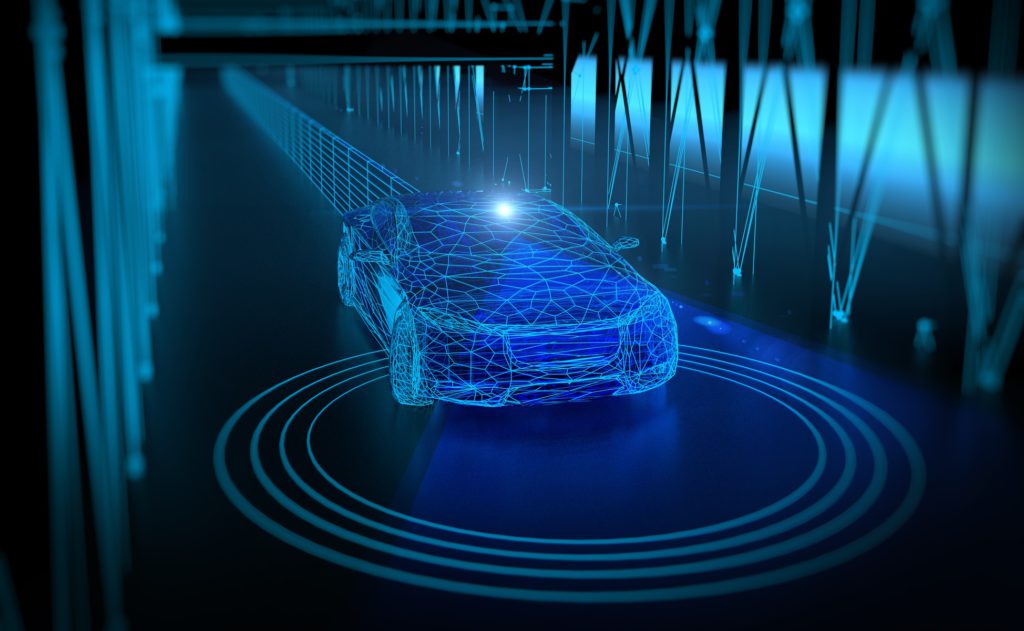Alliances share investment burden in race to autonomous vehicle profits
09 August 2017

09 August 2017
Carmakers are increasingly building alliances with technology companies to aid the path of the autonomous vehicle to market, allowing each partner to concentrate on their own key skills and therefore accelerating development.
However, while the motives might be positive, experts and industry executives have told news agency Reuters that there is concern that driverless cars may not live up to the profit expectations that drove the initial investment rush. Therefore, as well as partnering to increase development, vehicle manufacturers are also sharing the investment load, meaning any failure in profitability is shared rather than absorbed by the manufacturers.
The trend represents a clear shift in strategy from just over a year ago when most automakers were pursuing standalone strategies focused on tackling the engineering challenge of developing a self-driving car, rather than on the business case.
One board member from a German vehicle manufacturer told the agency: ′Although it is a substantial market, it may not be worth the scale of investments currently being sunk into it.’
In July 2016, BMW became the first major carmaker to abandon its solo development of self-driving cars in favour of teaming up with chipmaker Intel and camera and software manufacturer Mobileye to build a platform for autonomous cars technology by 2021. It is a path that has seen companies such as start-up Nauto receive investment from Toyota, General Motors (GM) and BMW, automotive supplier Bosch team up with Nvidia, with the US company also partnering with Volvo, and Apple looking for automotive partners for its own AI technology. Honda is also looking for partners to develop its own driverless systems.
Klaus Buettner, BMW’s vice president autonomous driving projects, comments: ′Sitting with other companies, one rattles off the technological challenges and safety aspects, and you come to realise that many of us are swimming in the same sludge. Everybody is investing billions. Our view was that it makes sense to club together to develop some core systems as a platform.’
Partial autonomy is already available in a number of vehicles, with Audi’s new A8 offering Level 3, where the vehicle can take control but the driver must remain focused. Level 4 and 5, where passengers can take their eyes and minds off the road ahead, and ultimately not have to worry at all about needing to ever take control, could still be some way away.
This means that first-generation cars may be loss makers, in much the same way electric vehicles (EVs) were initially. This is partially due to the level of investment required in development versus the sales price to make them attractive to buyers. However, just like electric cars, the necessity for development is there to ensure manufacturers remain relevant in future markets. Otherwise, companies could find themselves playing catch-up – just like some are now with EV technology.
One promising area of development is in driverless taxis, an area in which Daimler and Bosch have announced a partnership. The ownership landscape may change over time, as driverless cars could mean more carsharing and therefore less need to own outright.
Ford and GM are investing at least $2 billion (€1.7 billion) each to develop self-driving vehicles for urban ride-sharing fleets beginning in 2021, competing with incumbents and start-ups.
Meanwhile, technology companies are also investing heavily to be able to develop autonomous vehicles. Intel, which partnered with BMW, has finalised the acquisition of autonomous technology company Mobileye, also in the alliance, for $15 billion (€12.8 billion). The news was first announced in March 2017, and has now received board clearance to be completed.
′With Mobileye, Intel emerges as a leader in creating the technology foundation that the automotive industry needs for an autonomous future,’ said Intel CEO Brian Krzanich said in a statement. ′It is an exciting engineering challenge and a huge growth opportunity for Intel. Even more exciting is the potential for autonomous cars to transform industries, improve society and save millions of lives.’
Intel will combine its automated vehicle group with the technology supplier as Mobileye, an Intel company. The combined organisation will be headquartered in Israel and led by Mobileye co-founder Amnon Shashua, who will be an Intel senior vice president and CEO of Mobileye.